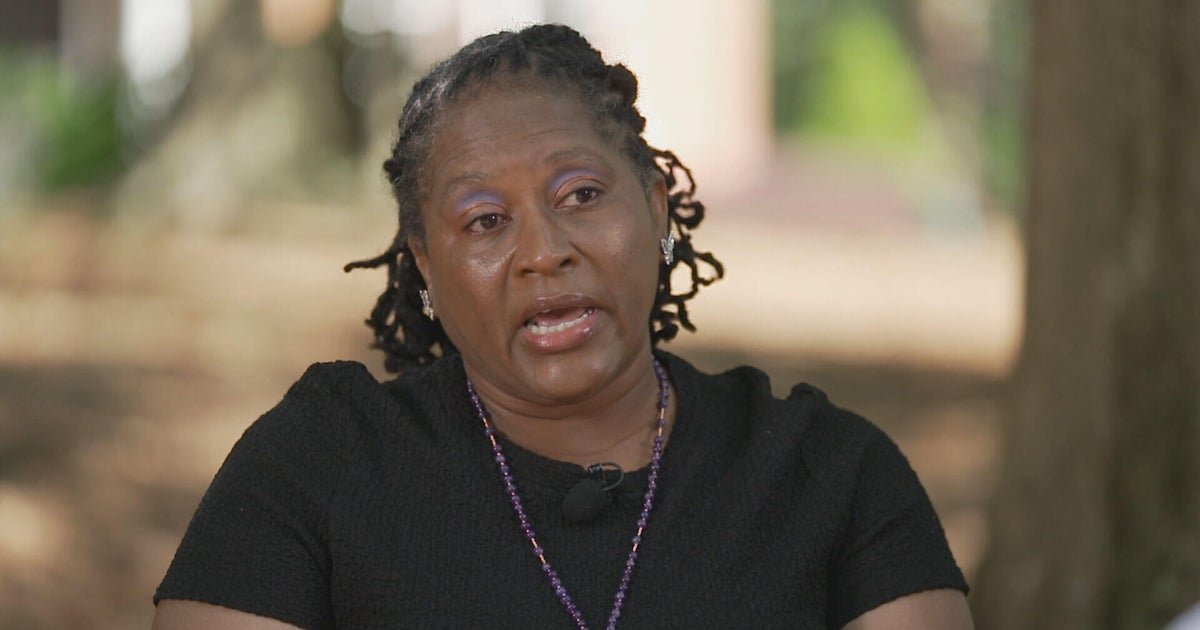[ad_1]
In January 1999, Latoya Dickens’ fight with her husband turned deadly.
“I did not intentionally stab and kill my husband. We struggled over the knife. He was stabbed one time and died three days later,” Dickens said.
Dickens was convicted of felony murder and served 25 years in prison. She’ll be on parole for the rest of her life. But Dickens says at no point did Georgia courts consider her backstory: for years, she says, her husband physically abused her.
“I’ll never forget this one day, he got so angry with me, he lifted me up waist high and threw me off a porch while I was eight months pregnant,” Dickens said.
She said her husband got physical “at least about 10 times out of the month,” which made her afraid “most of the time.”
Those in a similar position who are still in jail could soon see some relief in Georgia. A new law passed in Georgia called the Survivor Justice Act would allow domestic violence survivors to ask for lower sentences in court if they can present evidence that abuse led them to commit their crimes. Under the law, Dickens’ sentence could have been as little as 10 years.
Republican state Rep. Stan Gunter sponsored the bill, which passed overwhelmingly in Georgia’s Legislature and was signed by Gov. Brian Kemp last month.
“We weren’t looking at the whole picture. We were just getting bits and pieces of it, and it wasn’t enough to make a good, clear decision on how to treat these people,” Gunter said.
“This is not a get out of jail free card. They still have to serve a portion of the sentence,” he added.
Nationally, more than 70% of incarcerated women report enduring violence from their intimate partners, according to the Council on Criminal Justice. In Georgia, hundreds of women behind bars could be resentenced under the new law. Three other states — Oklahoma, New York and Illinois — have similar laws, and six more are considering one, according to the Georgia Coalition Against Domestic Violence.
“It gives people an incredible amount of hope that they have not had,” said Ellie Williams, legal director of the Justice for Incarcerated Survivors Program.
Dickens still wants a court to hear evidence she killed her husband in self-defense.
“I felt like I deserved to serve some time, but not 25 years,” Dickens said.
She says she hopes the new law can allow the legal system to “examine the facts and determine whether I should be off parole.”
“I want a fair chance at rebuilding my life,” Dickens said.
[ad_2]



